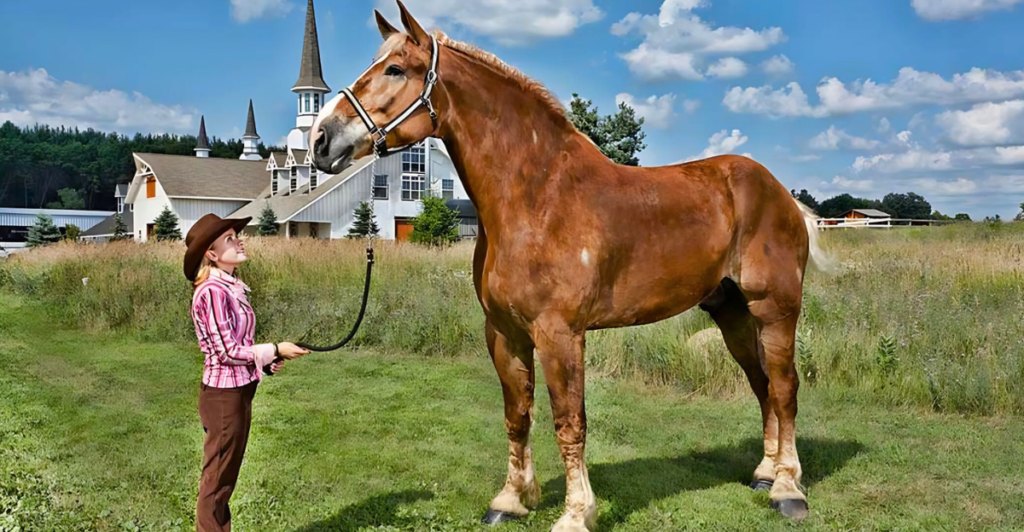
Horses have been with us for centuries, but myths about their care still exist. From diet to training, false tips spread like wildfire. Let’s clear up these 10 horse ownership myths once and for all, so your potential future horse is in good hands.
1. Horses Only Eat Hay
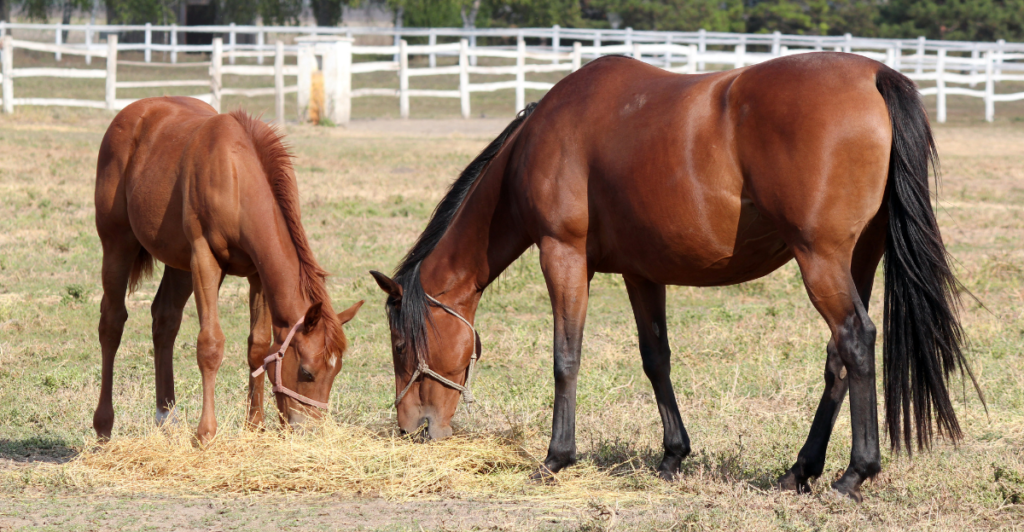
Horses don’t only eat hay. While hay is their staple, they also graze on grains, fruits, and vegetables. Good nutrition leads to good health. Commercial food and supplements can also add to their nutritional requirements. Provide fresh water at all times and consult professional advice from a vet for the optimum feeding program.
2. All Horses Require Shoes
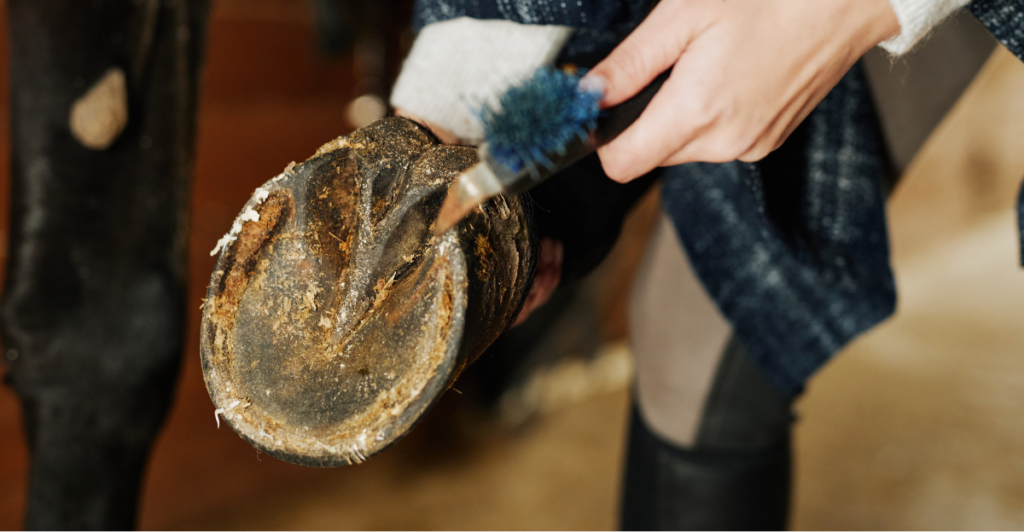
Not always. Some horses require shoes, but others are just fine without them. Their need for shoes all depends on terrain, workload, and hoof health. Trimming them on a regular basis keeps hooves in good health. Your farrier can recommend the most suitable option for your horse.
3. Horses Are Challenging to Train
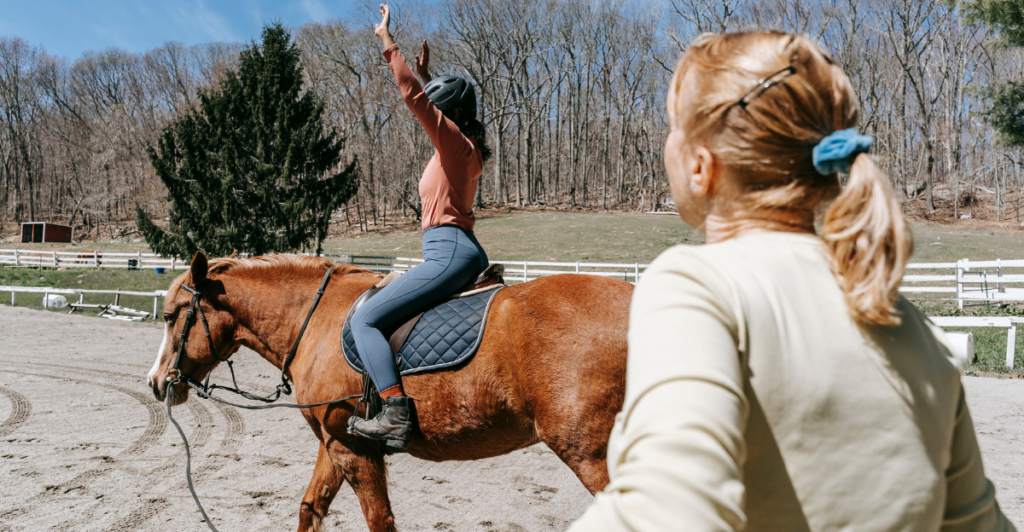
Horses are generally more intelligent than people know. They learn commands, tricks, and even problem-solving through patience and consistency. Positive reinforcement is a miracle worker. Trust, understanding and good training develop a strong bond between horse and rider.
4. Horses Are Only for Riding
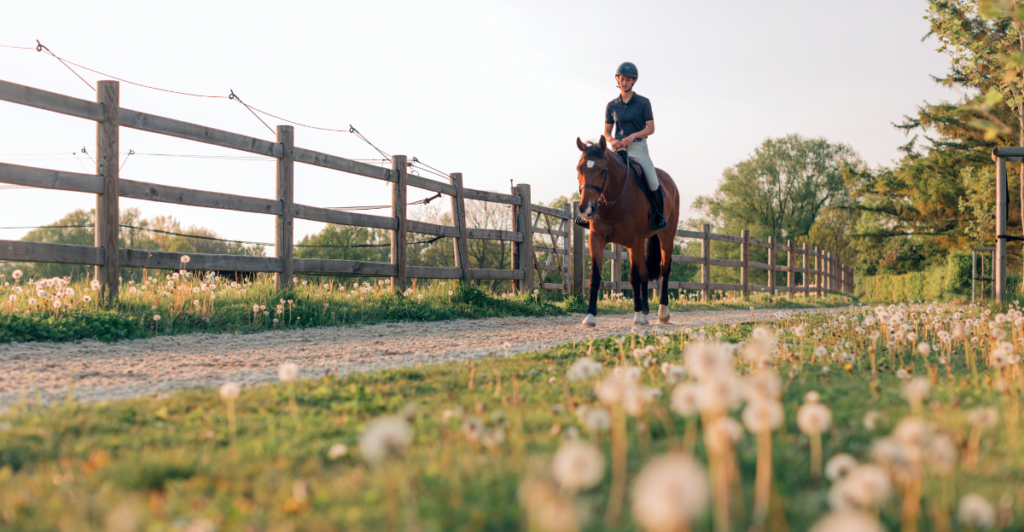
Horses aren’t only meant for riding. They excel in groundwork, driving, therapy, and are great companions. Grooming, liberty work, and groundwork exercises enhance the human-horse bond without ever involving a saddle.
5. Horses Can’t Live Alone
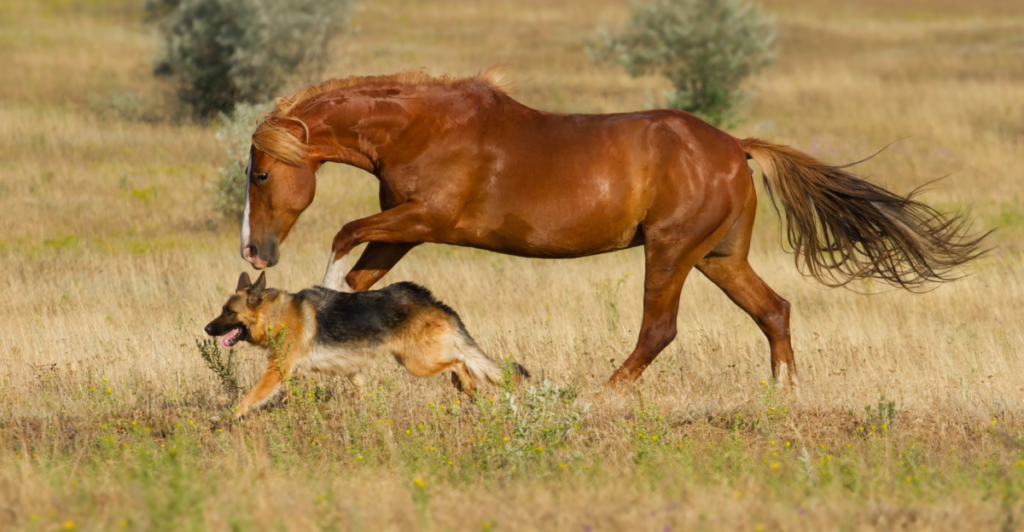
Horses are social creatures, but can be taught to live alone with proper care. Goats or donkeys would be a good alternative companion. Enrichment, daily human contact and proper management keep them healthy and happy.
6. Horses Are Dangerous
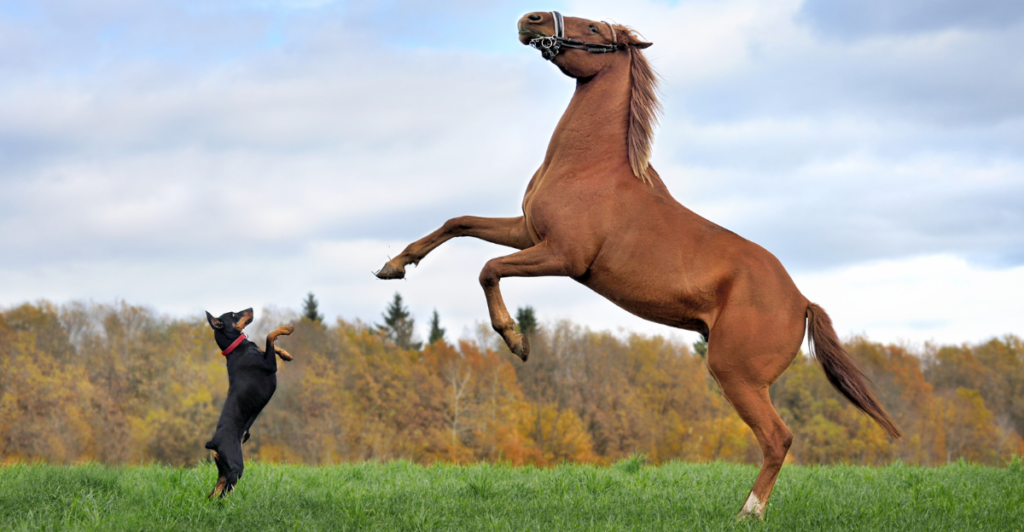
Any big animal can be dangerous if not handled correctly, but horses are very gentle. If you understand how they typically behave and communicate, accidents are less likely. Properly trained and handled, they can become safe and reliable friends.
7. All Horses Love to Run
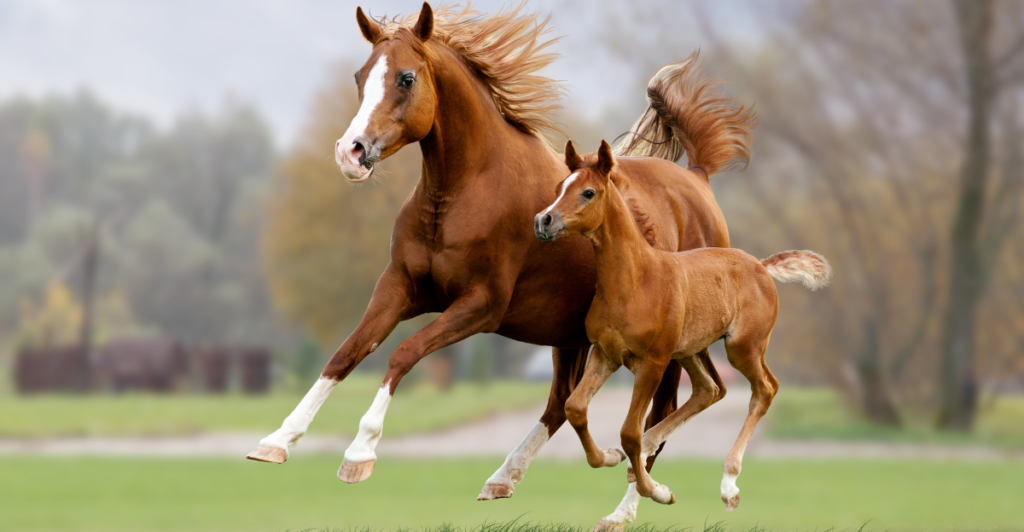
Some do, some don’t! Horses, just like humans, have different personalities. Some breeds love speed, while others prefer leisure. Knowing your horse’s temperament ensures a more enjoyable and pleasant experience for both of you.
8. You Need a Big Farm
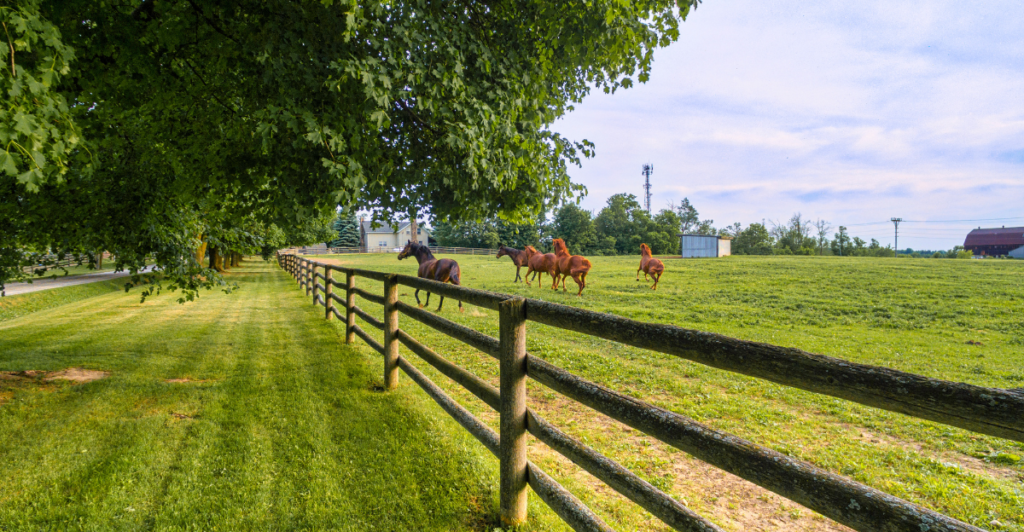
You don’t necessarily need an extensive estate. Horses do well in small paddocks, boarding stables, or even metropolitan centers with proper management. Access to riding facilities and intelligent management make horse ownership feasible in most settings.
9. Horses Don’t Get Cold
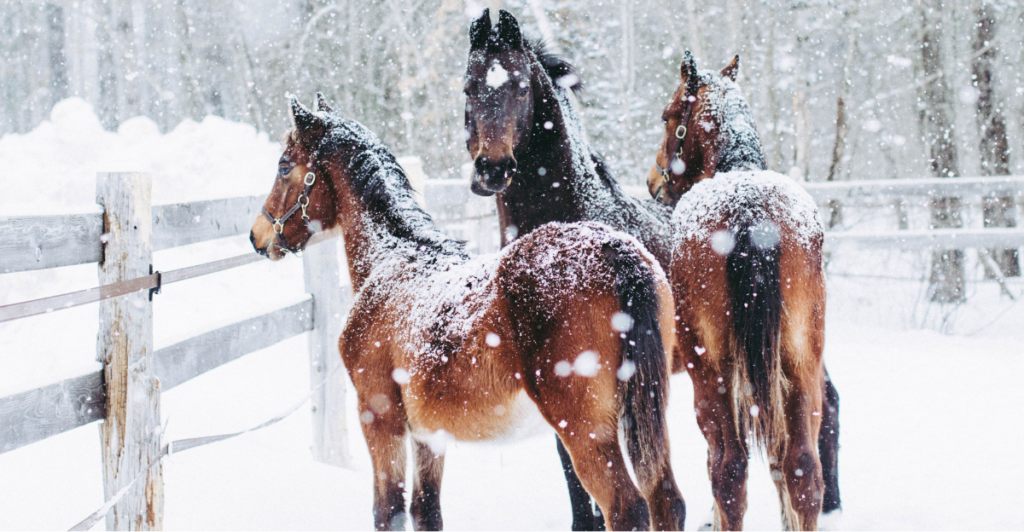
Although they have a layer of fur to keep them warm, nasty weather can be unforgiving. Shelter, blankets, and proper nutrition keep them warm. Caring for their condition during winter keeps them healthy and happy.
10. Horses Can Eat Anything
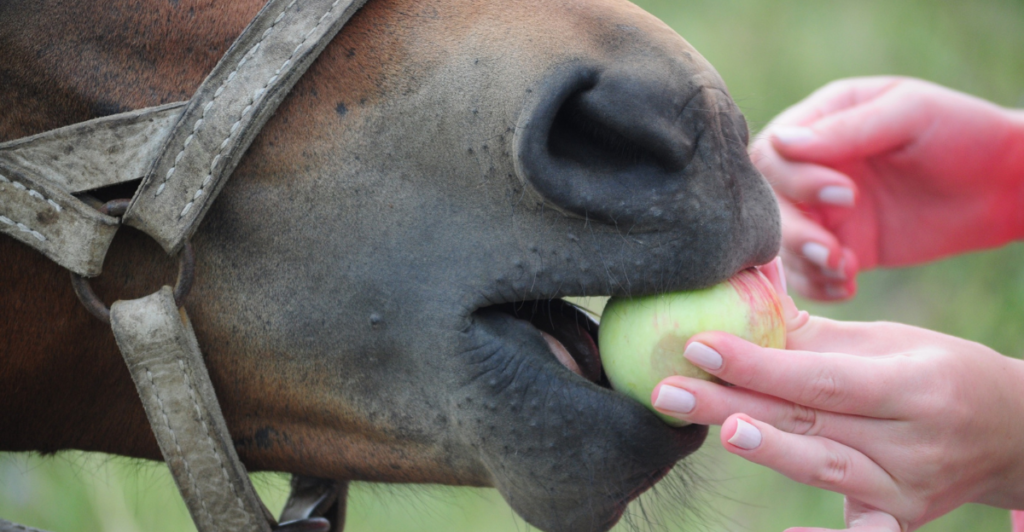
No, not everything is safe to eat. Chocolate, onions, and spoiled hay can be very dangerous to them. They need a diet based on their natural food preferences and necessities. In case of doubt, consult a vet before giving them new food.
11. Bonus: Horses Always Know the Way Home
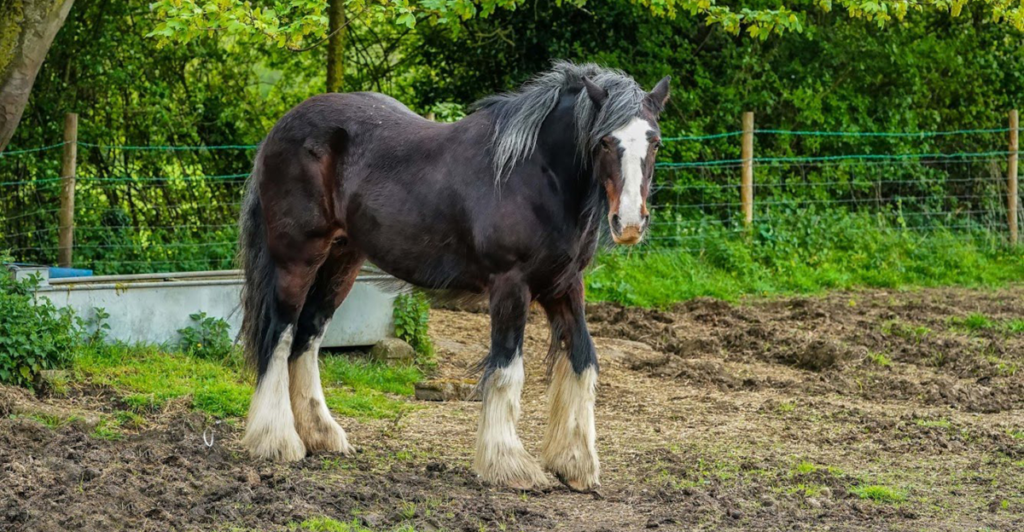
Hollywood was wrong on this one! Horses do have a sense of direction, but they need to be led by riders. Getting lost is possible, particularly in unfamiliar territory. Knowing your path and having navigation aids guarantees safe rides.
The Truth About Horse Ownership
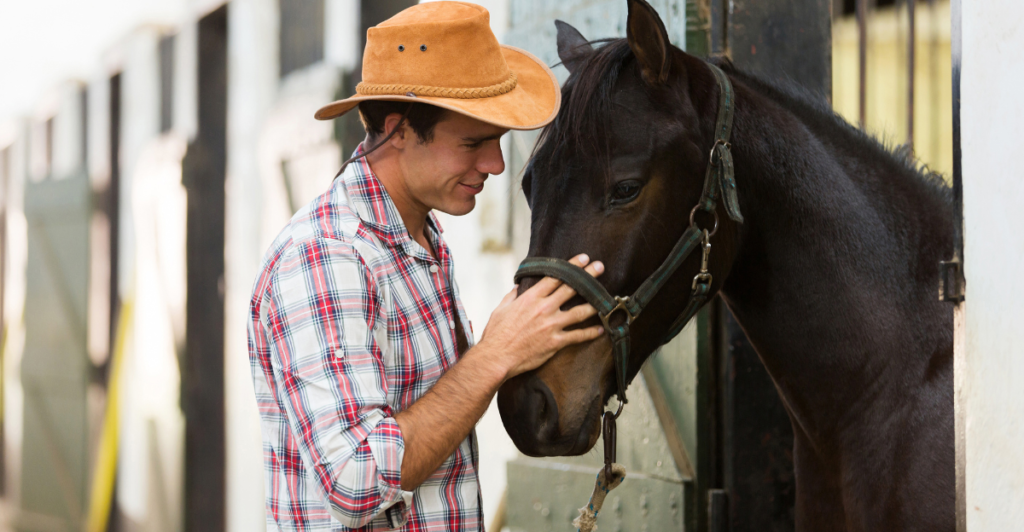
It’s a privilege to own a horse, but it requires knowledge and dedication. By debunking these myths, we can give our equine partners greater care and build stronger connections with them.
Explore more of our trending stories and hit Follow to keep them coming to your feed!

Don’t miss out on more stories like this! Hit the Follow button at the top of this article to stay updated with the latest news. Share your thoughts in the comments—we’d love to hear from you!







